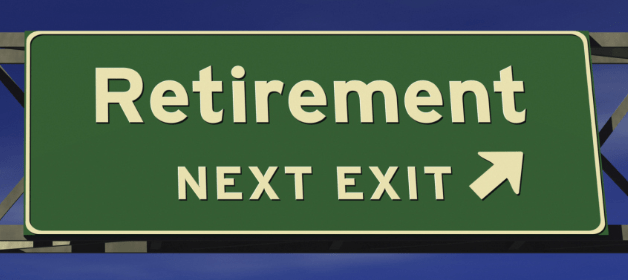Prepare Your Business For Sale
Only 9% of business owners have a documented transition plan in place and yet 70% of small business owners plan to transition in the next 10 years*! As a financial planner I continue to meet business owners who are planning to sell or transition their company but they do not have a plan. Typically they are either unsure of the process, so they procrastinate or the business is their baby and they do not want to let it go. It is understandable that a major decision like this is hard to make, especially without someone to assist you.
When a business owner is considering selling here are some things to consider:
1. Don’t Leave the Party Last – You see this with professional athletes when they face the question of when to retire? In my opinion you are either growing your business or it is shrinking it, there is no standing still. A lot of business owners later in their career can get into maintenance mode, which usually means the business is starting to decrease in revenues. At first the revenues may hold but after a couple of years you typically see them start to decline. If you want to maximize your selling price and be attractive to potential buyers be careful to wait too long.
2. It Takes Time – Selling a business can take you longer than you think. You need to find the right candidate to take over your business. You are looking for an individual that is an entrepreneur; remember there are more employees in the world than business owners. Also, in most transitions the current owner is asked to stay with the company to assist with the passing of the reigns. You should plan for 1-2 years to sell. This means you should be creating a plan 5-7 years prior to your planned exit.
3. Change – Every industry is faced with changes due to technology, regulatory, competition, etc. If you owned a video or record store in the 80 or 90’s, when was the best time to get out? What if the technology that Google is working on to make it so that cars drive themselves eliminate car accidents in the future. Could that affect you if you own an auto body business? What changes face your business?
4. Financials – Often times the financial statements for a business are ignored until it is too late. Yet they will play a very important role in the sale of the business. You want to make sure that your financials present the best view of your company so that a potential buyer is enticed to make an offer.
There are many things to consider when selling a business. The first is to get a professional that can assist you with putting a plan together to ensure that you maximize the value, save tax, and control when and how you sell your business. As with any financial strategy we would recommend ensuring that you have your personal situation reviewed by a professional to make sure that is done in the best way possible. If you have any questions or would like your plan reviewed feel free to contact us.
Questions?
*Source – http://www.advocis.ca/Update2014/index.html






